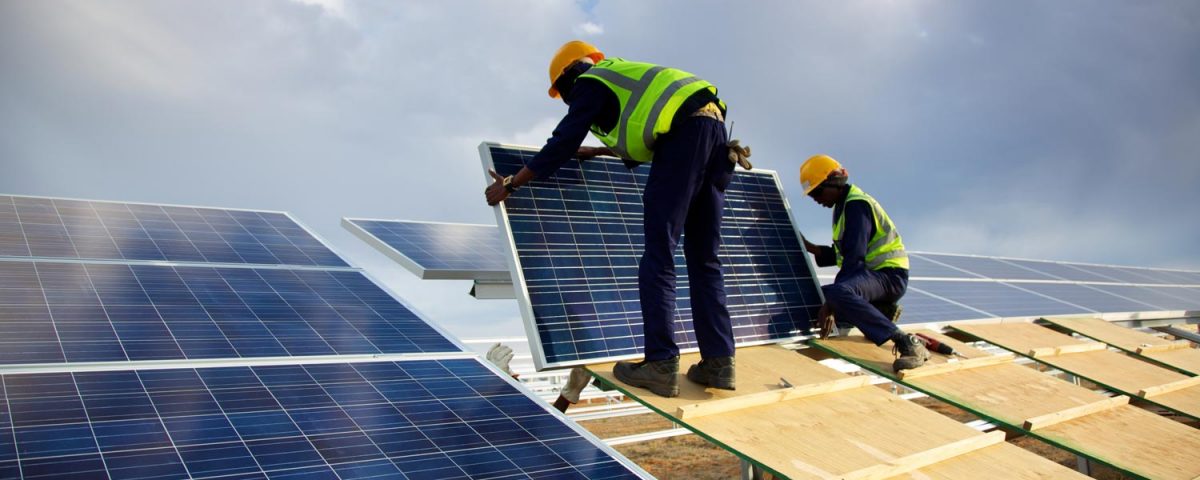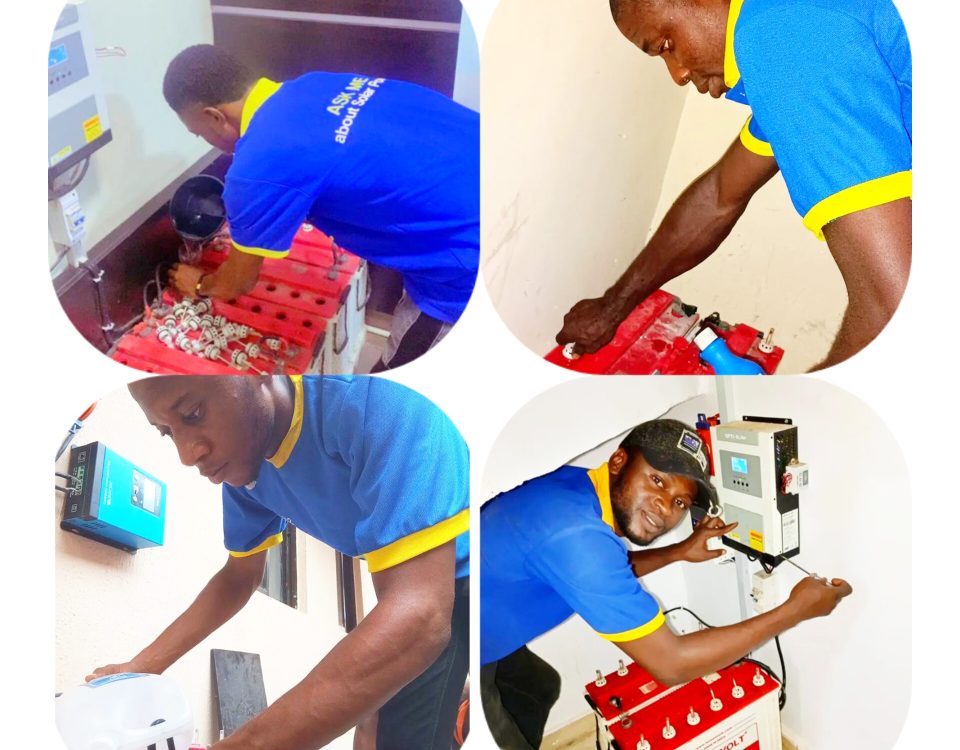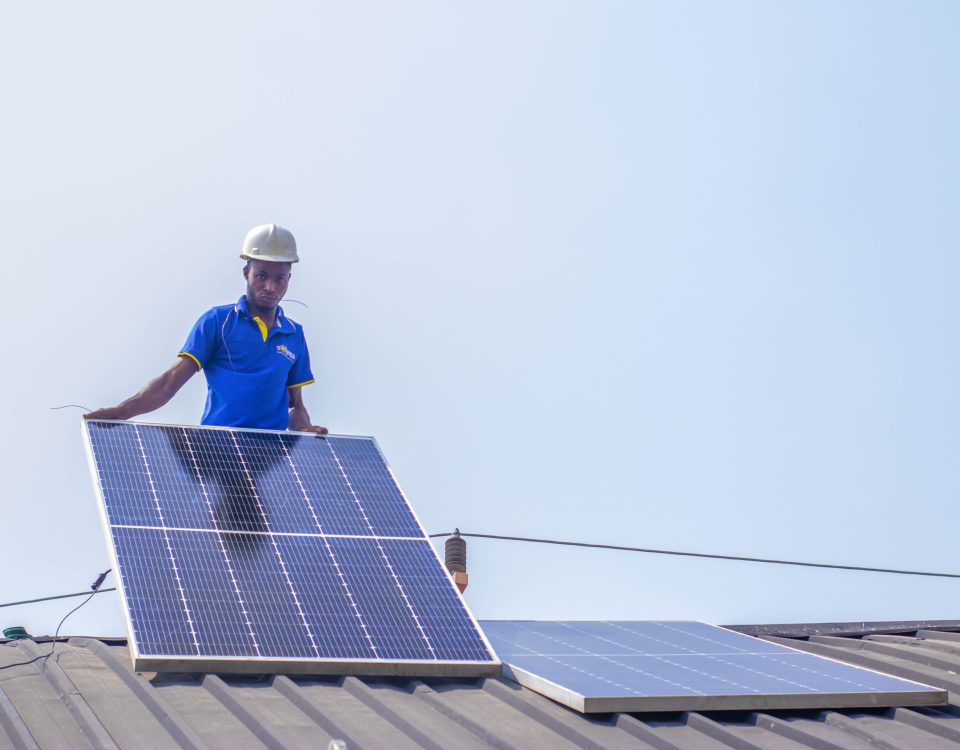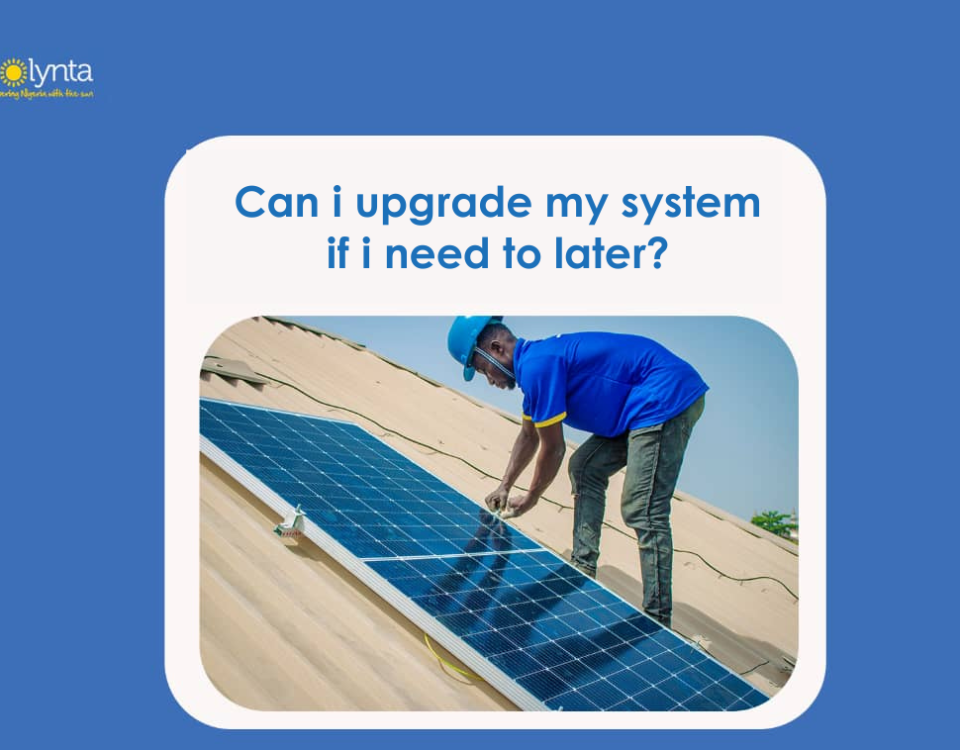UNDP Kicks-Off Plans TO Increase Nigerian Solar System Technicians

Why Nigerian’s are turning to Solar Power
2019-04-14
Order and Installation – Zero Money Down Solar
2019-04-21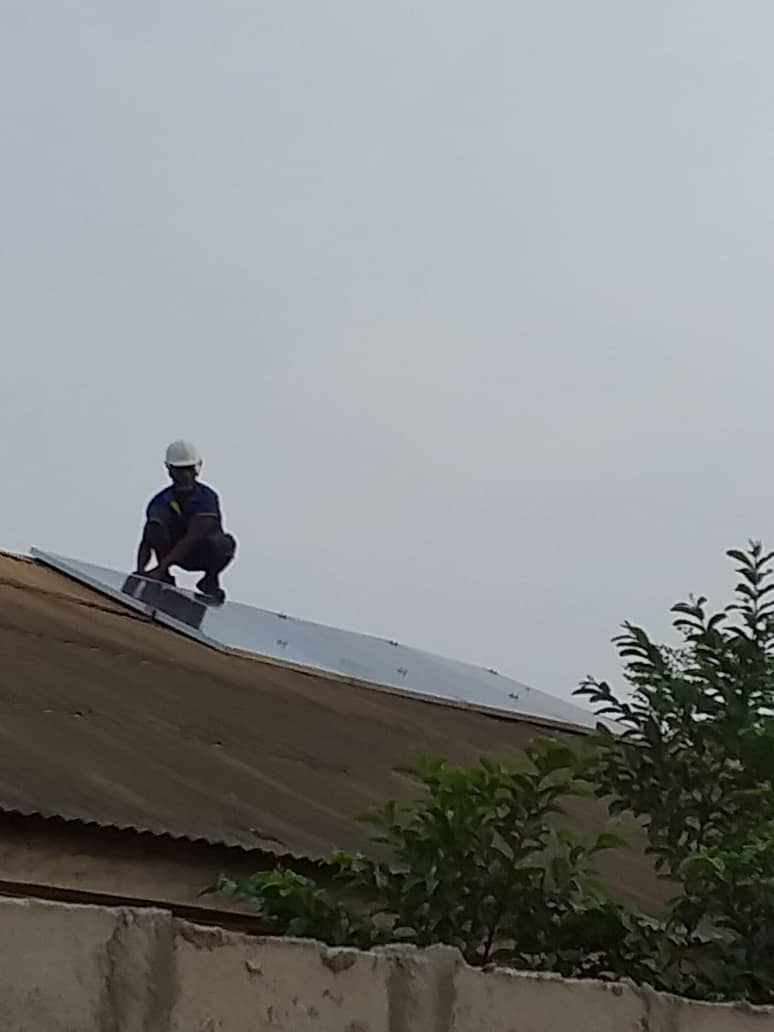
The United Nations Development Programme (UNDP) and Global Environment Facility (GEF) through the Energy Commission of Nigeria (ECN) and other stakeholders are working to erase the trend of limited human capacity in the planning, implementing, monitoring and evaluating renewable energy projects.
The agencies have kick-started a project known as “De-risking Renewable Energy Project” for the Nigerian power sector to create the enabling environment for building technical capacity of key players.
The Nigerian Electricity Industry (NEI) which is dominated by fossil – fueled power plants and less than 30 percent of large-scale hydro-power plants. Currently, there is a strong drive by Nigeria to improve electricity access and reduce GHG emissions through the exploitation of renewable energy sources, like solar.
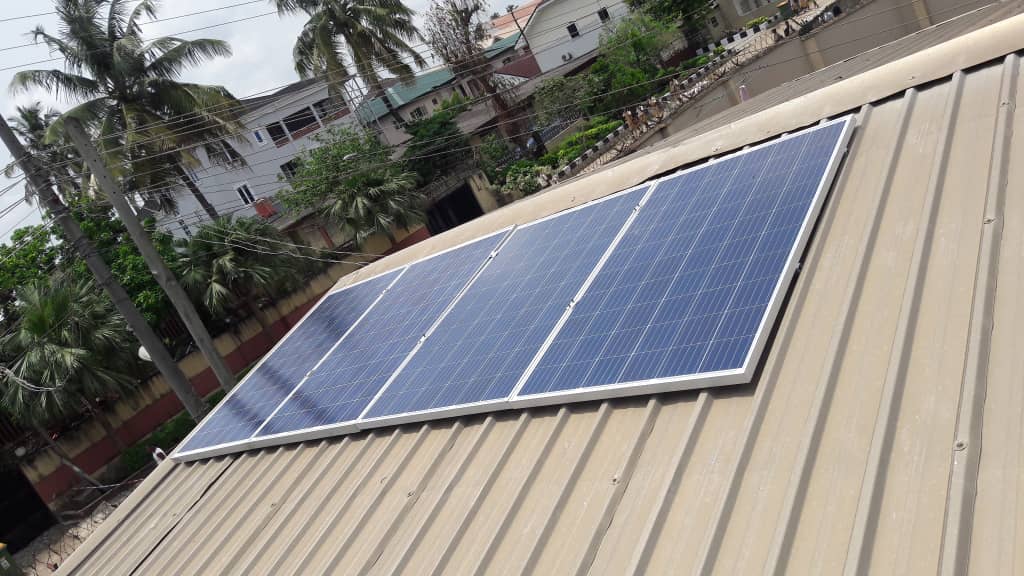
According to the National Project Coordinator/Manager, UND-GEF Derisking Renewable Energy project, Isaac Ierve said “one of the challenges militating against large-scale grid-connected renewable energy development is the limited local human and institutional capacity to build, operate and maintain large-scale grid-connected renewable (like, solar) power plants. As a result, renewables have not been able to compete with fossil fuel – based generators.”
He also added that an international Consulting firm, Renewables Academy (RENAC) has been engaged to carry out a “train the trainers programme for technical staff of Lagos Energy Academy, National Power Training Institute (NAPTIN), the Energy Commission of Nigeria (ECN) and other relevant stakeholders.
“This is to enhance their capacity to deliver renewable energy (RE) trainings on the installation of medium to large-scale grid connected PV systems to independent power producers (IPPs), undergraduate students and public institutions on a cost-recovery basis,” he said.

